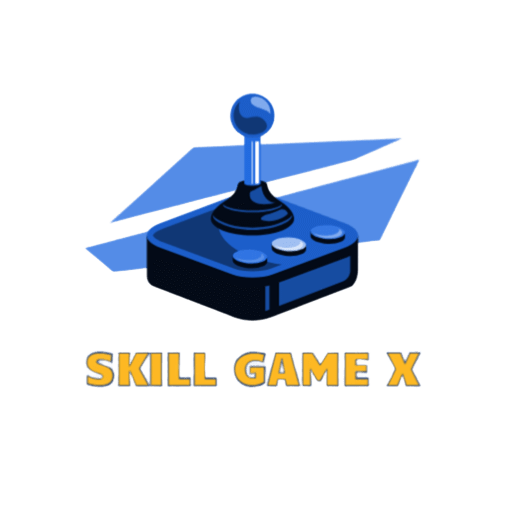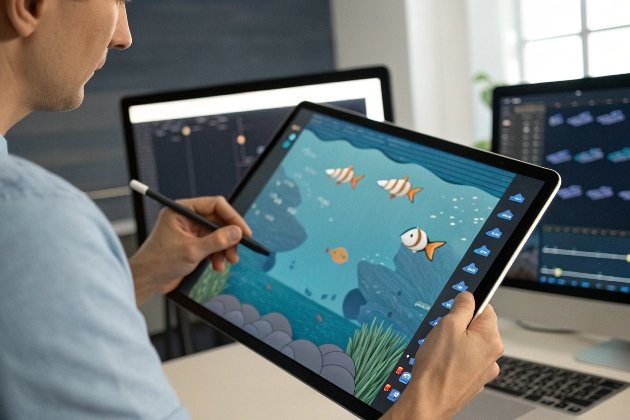When I first started customizing game kits, I realized how important it was to visualize the entire game before production. A complete design prototype allows you to see the game’s structure, interface, and visual direction before development begins.
Yes, you can preview a full design prototype 1 before custom game kit development starts.
This prototype includes gameplay flow, user interface layouts, background art, sound elements, and even simulated interactions to ensure that everything matches your expectations before coding begins.
How Detailed Is the Prototype for Review?
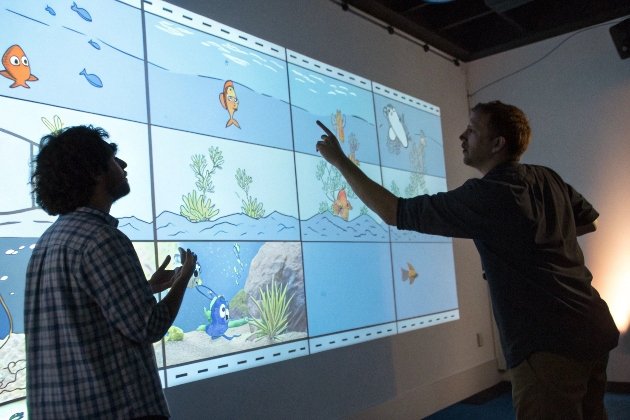
The prototype is detailed enough to provide a realistic understanding of how the final game will look and function. It focuses on both visual presentation and core gameplay structure.
You’ll receive:
- Wireframes 2 and UI Mockups – A visual layout of menus, scoreboards, buttons, and player controls.
- Storyboard Animations 3 – Visual sequences showing how characters, effects, and interactions will appear.
- Interactive Demo 4 – A clickable preview to test navigation and feature placement.
- Core Mechanic Simulation – Basic functionality such as shooting, bonuses, or scoring logic for early evaluation.
| Prototype Element | Description | Purpose |
|---|---|---|
| Wireframes | Simplified layouts of UI screens | Visualize structure and flow |
| Storyboards | Frame-by-frame visual references | Confirm animation and theme direction |
| Interactive Demo | Clickable or playable preview | Test navigation and usability |
| Mechanic Simulation | Early coding for game logic | Validate gameplay engagement |
This detailed level of preview ensures that the design aligns perfectly with your creative and business goals.
Can I Request Revisions After Reviewing the Prototype?
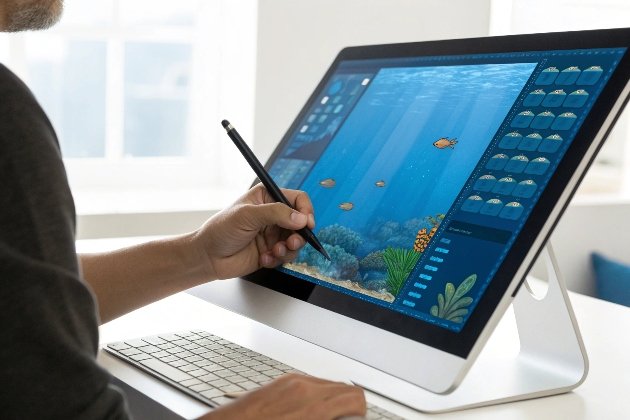
Absolutely. One of the main benefits of prototyping 5 is flexibility. You can request revisions during this stage without affecting the final development schedule.
Common revisions include:
- Adjusting color palettes, icons, or background visuals
- Replacing or resizing character models
- Modifying game difficulty or payout settings (like RTP) 6 or volatility
- Tweaking control layouts for arcade cabinet compatibility
Each change request is documented and approved before moving forward, ensuring clarity between both sides.
| Revision Type | Possible Adjustment | Impact |
|---|---|---|
| Visual | Change background, icons, or theme | Immediate visual consistency |
| Gameplay | Modify difficulty, scoring, bonuses | Affects engagement and replay value |
| Audio | Adjust background music or sound FX | Enhances player atmosphere |
| Hardware Layout | Button/joystick configuration | Improves user experience |
Early revisions at this stage ensure that the final product meets both creative and operational expectations.
What Is the Feedback Process for the Prototype?
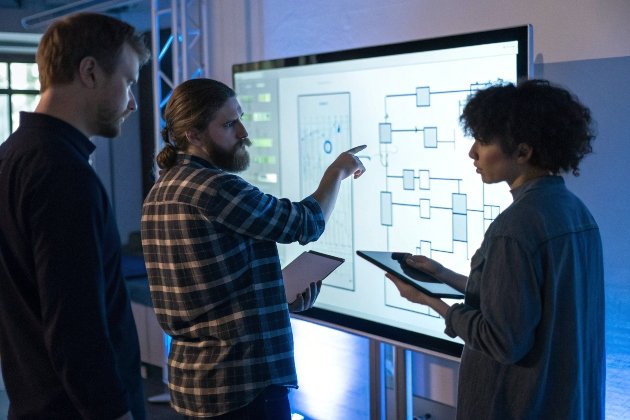
Feedback is a collaborative process that happens across multiple checkpoints. After you receive the prototype, you’ll have time to test, analyze, and provide detailed input.
Typical feedback workflow 7:
- Prototype Delivery – You receive the interactive prototype or design mockup.
- Internal Review – Your team reviews visuals, gameplay logic, and UI flow.
- Feedback Submission – You share detailed notes, screenshots, or comments.
- Developer Adjustments – Our team implements the revisions.
- Final Confirmation – A revised version is shared for final approval.
| Stage | Description | Output |
|---|---|---|
| Prototype Delivery | Initial design submission | Version 1 for testing |
| Feedback Collection | Gather comments and notes | Revision report |
| Revision Implementation | Adjust based on feedback | Updated prototype |
| Final Review | Confirm design direction | Approval before coding |
This transparent communication loop ensures you’re fully satisfied with the design before the build begins.
How Many Revisions Can I Make Before Final Approval?
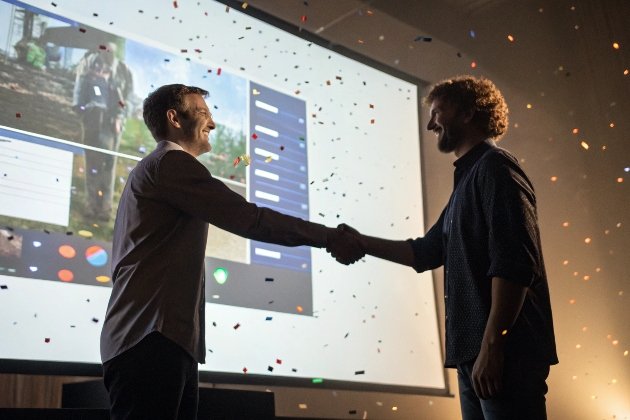
Typically, up to three rounds of revisions 8 are allowed before final approval, which covers all major aspects of design and functionality.
However, the number of revisions can be adjusted depending on the project’s complexity and your specific customization needs.
Each round focuses on specific areas:
- Round 1: Overall structure and visual theme
- Round 2: Gameplay mechanics and difficulty tuning
- Round 3: Final refinements, such as sound, animations, and UI polish
After the final round, a sign-off process 9 is required to confirm that the prototype matches your expectations. This ensures the next stage — full-scale development — proceeds smoothly without delays.
| Revision Round | Focus Area | Deliverable |
|---|---|---|
| Round 1 | Structure & UI | Core layout approval |
| Round 2 | Gameplay & Mechanics | Confirm interactivity and performance |
| Round 3 | Final Polish | Approve animations, sounds, and visuals |
Once approved, full development begins with all agreed specifications locked in to prevent scope changes and maintain development speed 10.
Conclusion
Previewing a complete design prototype before development ensures alignment between your vision and the final game.
By reviewing wireframes, testing interactive demos, and providing structured feedback through multiple revision rounds, you can confidently move into full production — knowing your custom game kit will perform, engage, and profit exactly as planned.
Footnotes
1. Learn how Figma prototypes help visualize full design layouts. ↩︎
2. What wireframing means in UI/UX design. ↩︎
3. Understand how storyboards communicate visual direction. ↩︎
4. Benefits of using interactive prototypes for usability testing. ↩︎
5. Overview of prototyping in user experience design. ↩︎
6. Explanation of RTP (Return to Player) and its impact on gameplay. ↩︎
7. Step-by-step guide to effective feedback workflows. ↩︎
8. How to manage change requests during revision cycles. ↩︎
9. Understanding the sign-off process in project management. ↩︎
10. How agile development cycles maintain project momentum. ↩︎
